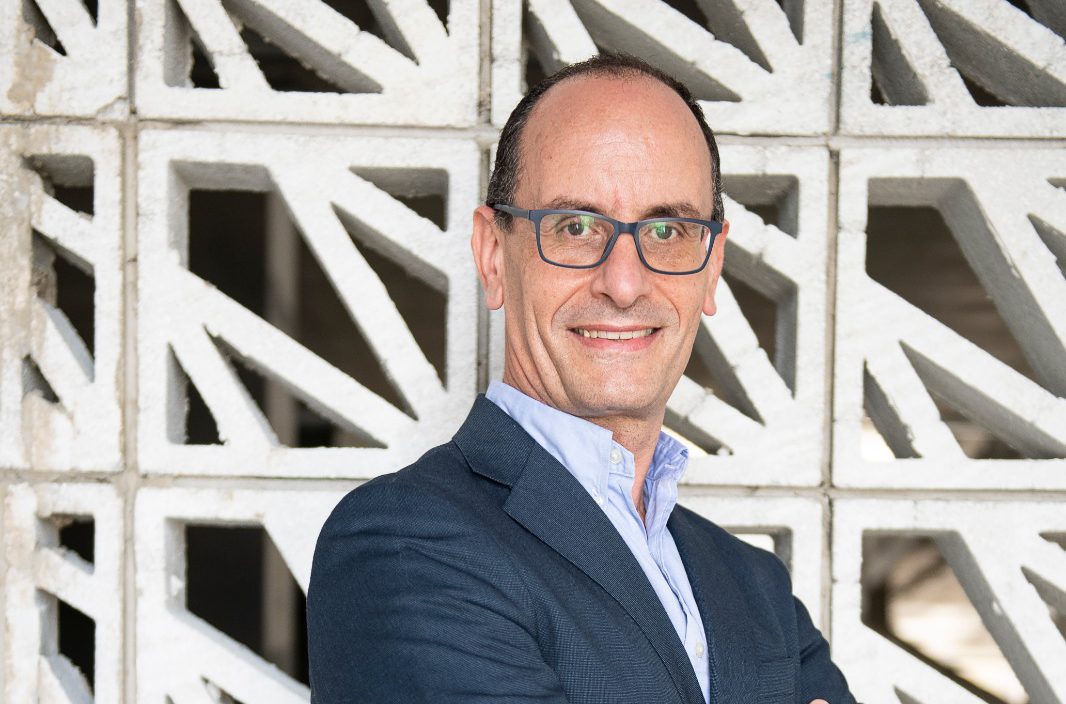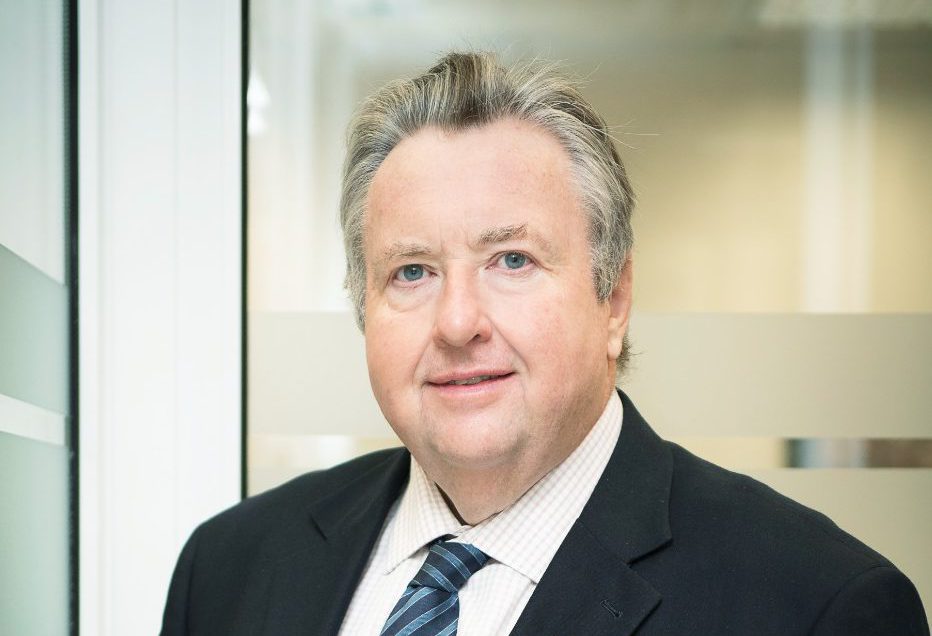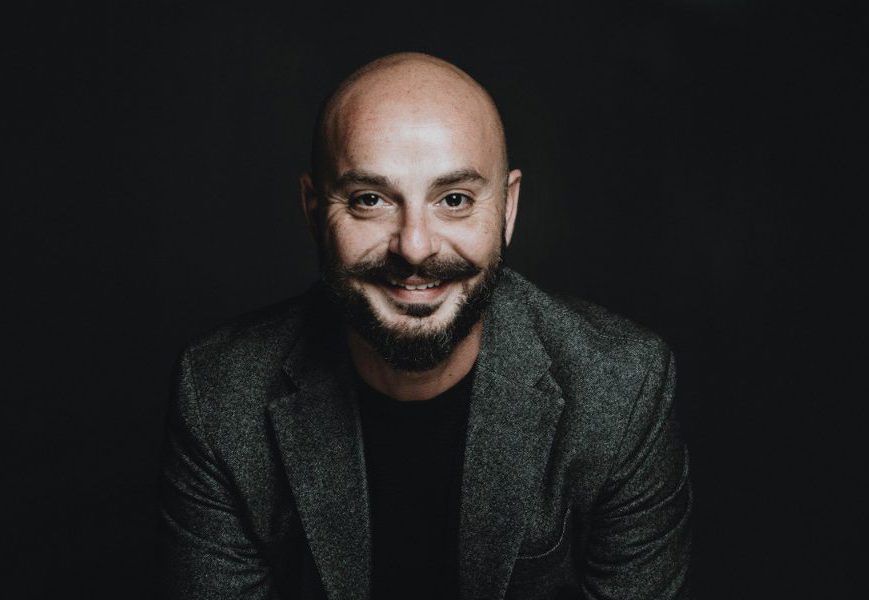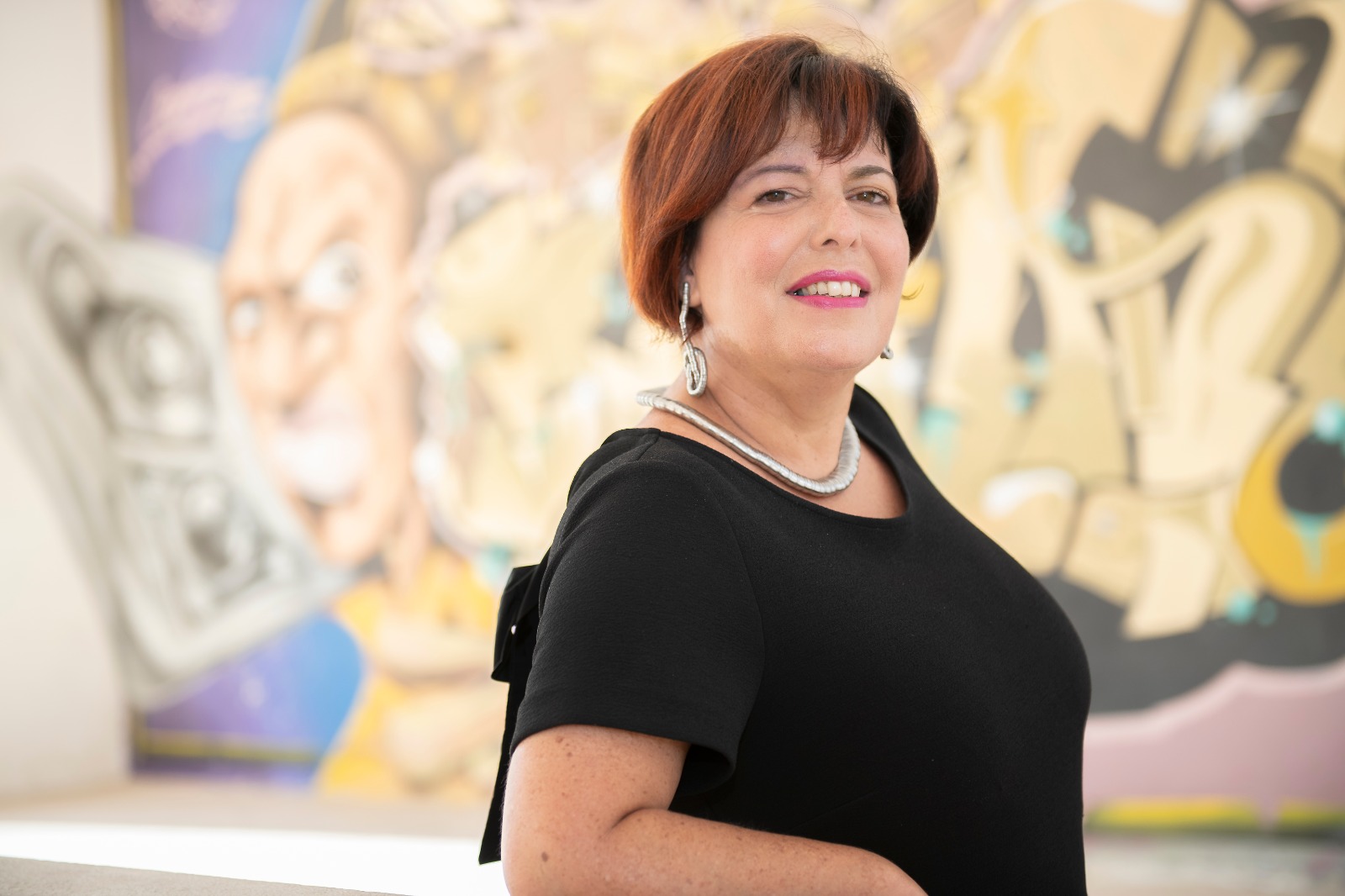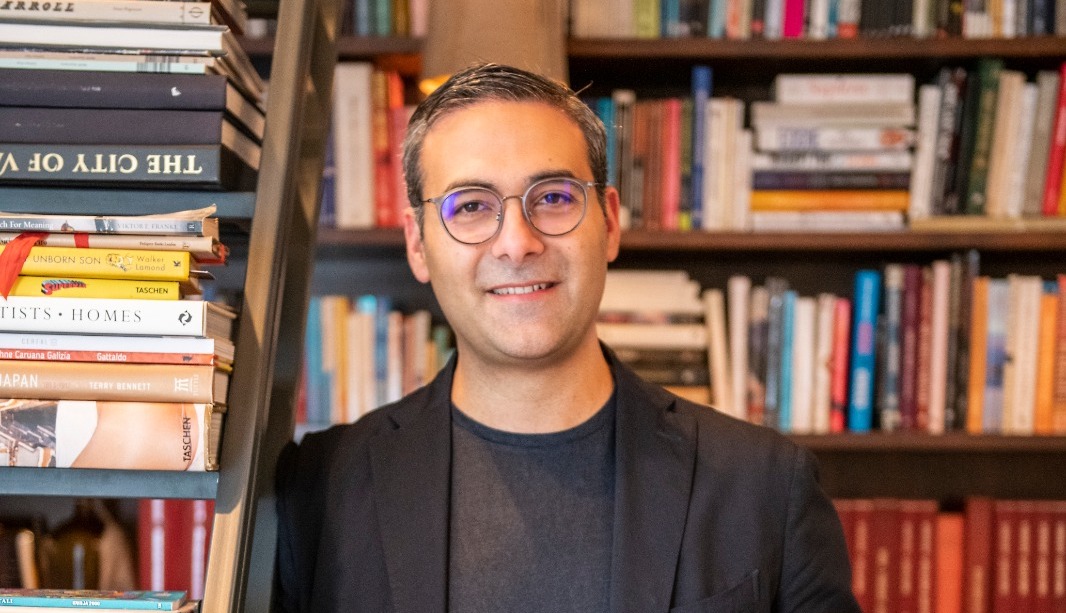The business world is bursting with stories about how coincidences can turn into opportunity. Charles Xuereb’s career aligns with that; in fact he never planned to be involved in property investment. As an accountant by profession, he started his career as a qualified accountant with one of the ‘big four’ firms, and then joined one of the Farsons Group subsidiaries as Chief Accountant.
“I actually witnessed the introduction of Pizza Hut, Burger King, KFC and TGIF in Malta,” Charles says, smiling at the memory. “At that point, I was already indirectly involved in the acquisition of properties to house the franchised outlets, and my role also entailed the monitoring of capital expenditure versus budget, to make sure the funding structure was adequate.”
Charles then moved on to the Farsons Group as Group Financial Services Manager and, in 2004, formed part of the team that handled the administrative and financial set-up of a newly acquired food importation business for the Group. Shortly after, in 2005, he was asked to deputise the CFO role for the Group but this was short-lived and he effectively started the role as CFO within a couple of weeks.

This was a milestone for Charles because, as CFO, he also sat on the Board of the Group’s property companies and witnessed a number of property transactions. “And then, in 2017, I was offered the role of CEO of the Trident Group – the Group’s standalone property pillar, spun off from Farsons Group – and I haven’t looked back since.”
Today Charles explains his role is dedicated to delivering the vision of the Board in transforming the Group using a successful business model that takes the correct corporate decisions. “It’s about tactfully exercising my authority while retaining high moral ground,” he says. Ultimately, to deliver adequate return to our shareholders, correctness is key.
Currently, much of the CEO’s time is focused on the completion (and populating) of the mammoth Trident Park project, which is well underway – although the Group actually has 10 properties in its portfolio. Once launched, it will be a leading office complex establishing the identity of the new Central Business District (previously known as Mriehel) and one of the Island’s most iconic landmarks.
Trident Park is a project Charles is justifiably proud of – a unique green office campus that blends historic and contemporary architecture, and which is inspired by the traditional character of Maltese palaces. “I love how much green and open space it will bring to the area,” continues Charles, “specifically the gardens and internal courtyards. This is all reflected in the low-density and low-rise terraced office buildings that make up the project, and the result is an office space with an abundance of natural light and fresh air.”
There’s no doubt that this is a landmark development on the island. Aside from the features mentioned above, Trident Park’s cutting-edge building management technology also guarantees exceptional energy efficiency combined with the unique cooling technology of chilled water, which circulates in the ceiling slabs.
This makes the construction environmentally sustainable, aiming to be prominently stamped with an ‘excellent’ BREEAM certificate – a first for Malta. “Climate change is very much an international concern,” Charles continues. “However, greenhouse gas emissions are only part of the overall environmental impact from the built environment. Buildings clearly contribute to natural resource depletion, while the materials and components selected also have impacts arising from manufacturing and transportation.
“As a result, Trident Park has been designed to balance and minimise environmental impacts as much as possible. Our design team has extensive experience when it comes to low-impact development and quickly identified that robust, long life materials would be key in the Maltese context. These materials are both durable and have low recurring maintenance requirements as opposed to, say, steel, glass and cladding. I am proud of the decisions we have made as a team.”

Charles is also pleased with the progress the project – and Trident Group in general – made during 2020, despite the obvious upheaval. “Our biggest decision was whether to continue with the development or to embark on a phased development approach,” he explains, adding that it was the project’s potential tenants who were impacted by COVID-19, more than the Group’s work itself.
“Thankfully, the Board approved the expeditious completion of our development because of the quality of the design, its outstanding environmental credentials, and the unique campus-style offering. Together, this will result in a finished product that will have a competitive advantage as and when the market recovers.”
But when he casts his thoughts over the future of the property market in general, the CEO says that, unfortunately, the country hasn’t given proper attention to sustainable development growth. “Some have opted to be greedy without being sensitive to the impact they have made on our skylines or the density of the project, and this is most evident in the residential market,” he continues. “I hope this will be rectified going forward.“
As for the future prospects of the office market, there is a high probability that there will be an over-supply of space coming on-stream. This will cause downward pressure on rental rates, especially as businesses may well need less room because their team is teleworking. For us, though, it could present great opportunity, as I think businesses will focus much more on the quality of the offices they choose. Trident’s quality will no doubt give us a competitive edge.”
Finally, Charles says that he looks forward to all of the challenges and opportunities that 2021 will bring Trident, and he plans to keep using his role to lead by example.
“I believe businesses that preserve cultural heritage should be supported by expediting the relative processes and being granted incentives to encourage them further,” he says. “With or without that, we will be proud to lead at the very forefront of the green office and sustainable development evolution,” he adds.
Featured Image:
Bernard Polidano
‘No one has a monopoly on ideas’ – Trust Stamp CEO, Gareth Genner
With an extensive background in entrepreneurship and tech, Gareth Genner combined his passions to launch start-up company, Trust Stamp.
‘Our ethos is quality’ – Reuben Lautier, Director of Natural Stone Workshop
Reuben has been running the business, set up by his father in 1984, for almost 20 years.
‘I relish the opportunity to inspire young people to learn, and to learn from them’ – Miriam Teuma
Agenzija Żghażagh provides young people with the time and space to make friends, learn new things and develop their talents.
‘People don’t work for a company, they work for a leader’ – Gege Gatt
The CEO of EBO, an artificial intelligence firm established to connect businesses with their customers through AI-based conversation automation, shares ...


